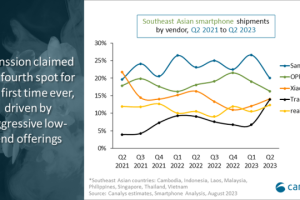Globavir Biosciences, Inc., a biotechnology company developing therapeutics and diagnostics for infectious diseases, announced a partnership with the SingHealth Duke-NUS Academic Medical Centre (AMC) in Singapore, through its newly established Viral Research and Experimental Medicine Centre (ViREMiCS), to conduct research for the treatment of dengue and chikungunya.
The partnership is the result of a July 2017 Memorandum of Understanding that aims to complete the initial evaluation and clinical evaluation – with the objective of gaining approval – for Globavir’s proprietary compound, GBV 006, in Singapore.
Under the terms of the collaboration agreement, ViREMiCS will coordinate the potential dengue clinical trial in Singapore and further research and development efforts for Globavir’s drug in the treatment of chikungunya.
GBV 006 is a combination of two orally available small molecule drugs, and has been evaluated and tested extensively in pre-clinical studies for treatment of dengue and other viral illnesses. GBV 006 is developed based on research done at Stanford University, and Globavir has an exclusive worldwide rights to the intellectual property covering GBV 006.
“Dengue remains a significant healthcare problem in many parts of the world, and there is still no treatment available,” said Globavir CEO Dr. Shalabh Gupta. “Our partnership with the SingHealth Duke-NUS AMC gives us the opportunity to run clinical trials in an organization that has expertise in running clinical trials for dengue as well as the infrastructure to recruit and monitor these patients, not just for initial trials but also for late stage clinical trials.”
The SingHealth Duke-NUS AMC has been actively involved in research on dengue, with the SingHealth Investigational Medicine Unit and institutions such as the Singapore General Hospital and Duke-NUS Medical School (Duke-NUS) studying and conducting clinical trials for the condition. Previously, a team from Duke-NUS’ Emerging Infectious Disease Programme uncovered the mechanism that dengue virus uses to circumvent the immune system, which causes a more serious infection when an individual is infected with a different strain of dengue.




























